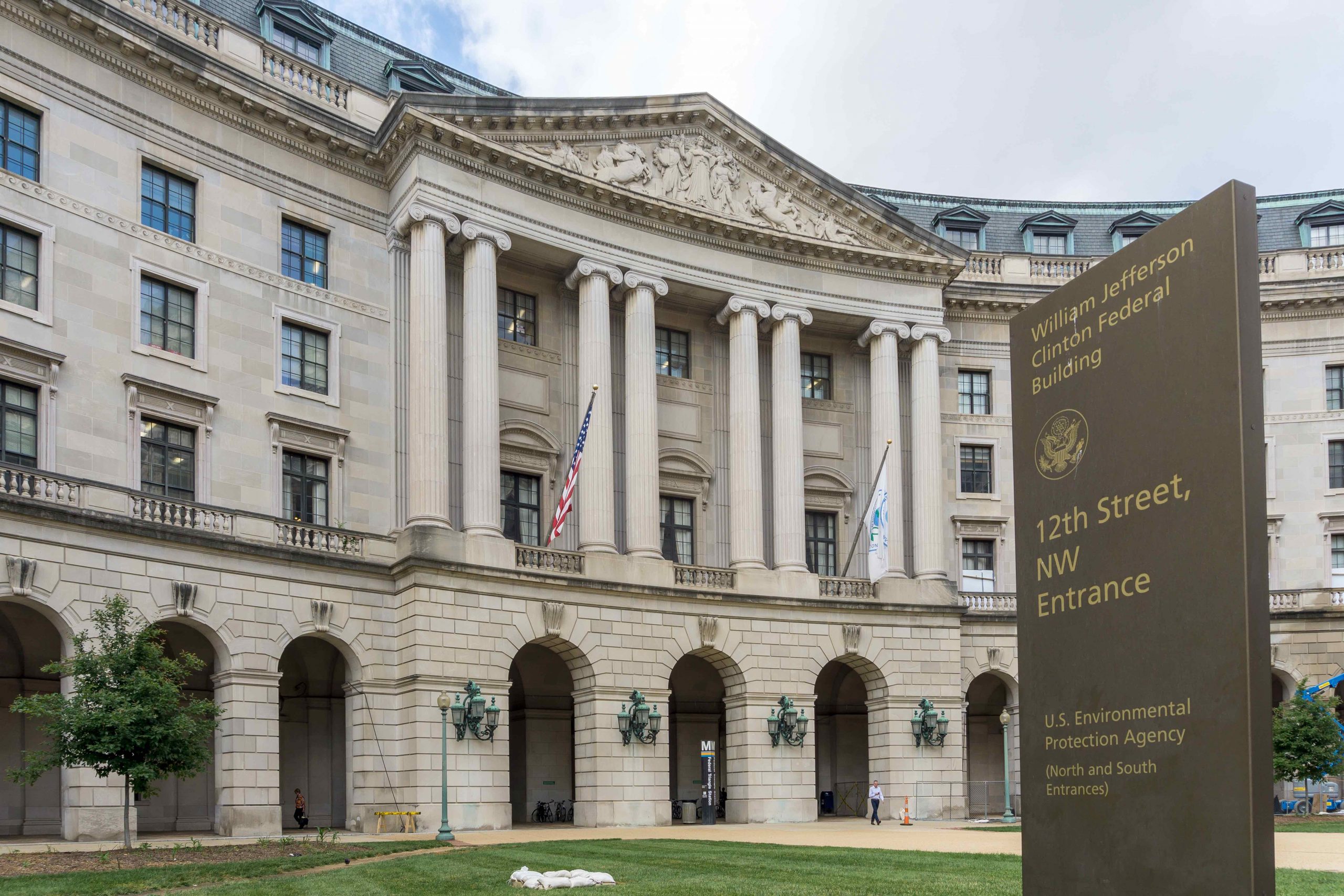Florida man contests three-day rule in case of jailing over mistaken identity
Petitions of the week
on Jul 17, 2023
at 11:48 am
The Petitions of the Week column highlights a selection of cert petitions recently filed in the Supreme Court. A list of all petitions we’re watching is available here.
Over 40 years ago, the Supreme Court ruled in Baker v. McCollan that a man who was arrested and kept in jail for three days over a holiday weekend before police discovered that they had mistaken him for a suspect with the same name did not suffer any violation of his constitutional rights. But in other cases, the justices explained, the Constitution might bar police from detaining someone whose name matches an outstanding arrest warrant, but who claims he is the victim of mistaken identity, for a long time. This week, we highlight cert petitions that ask the court to consider, among other things, whether Baker’s three-day period is a strict rule or instead a mere guidepost in cases of arrest due to mistaken identity.
David Sosa is a jet-engine engineer in Martin County, Florida. He was arrested there twice after he was pulled over for traffic violations and police officers found an outstanding warrant for a David Sosa for selling crack cocaine in Texas in 1992. During both incidents, Sosa insisted he was innocent and pointed out that he did not match any of the identifying information in the decades-old arrest warrant, including birth date, tattoos, height, and weight.
After Sosa’s first arrest in 2014, he was detained for a few hours before police scanned his fingerprints and confirmed that they had the wrong person. But Sosa’s second arrest in 2018 was a different story. Sosa repeatedly told various officers after he was arrested on a Friday both that he was not the man they were looking for and that this mistake had happened before. However, no one tried to confirm Sosa’s identity until Monday morning, when officers scanned his fingerprints and released him.
Sosa went to federal court, arguing that the officers violated his constitutional rights. A federal district court in Florida dismissed his lawsuit. However, a three-judge panel of the U.S. Court of Appeals for the 11th Circuit reinstated it. The panel concluded that Sosa had plausibly alleged that the officers violated his right to due process by refusing to verify his identity for three days when they should have known he was innocent.
The officers sought review by the full 11th Circuit, which disagreed with the panel. A divided appeals court ruled that Sosa could not proceed with his claim because the Supreme Court’s decision in Baker bars plaintiffs from suing police for prolonged detention if they were only kept in jail for three days.
In Sosa v. Martin County, Sosa asks the justices to reverse the full 11th Circuit’s ruling and reinstate his lawsuit once more. He argues that Baker does not establish a bright-line rule that a plaintiff cannot sue police if he is only held in jail for three days. Instead, Sosa contends, it indicates that courts should consider the totality of the circumstances when deciding whether police should have known someone they arrested was innocent. He is supported by a friend-of-the-court brief from a group of other David Sosas around the country. Despite being protected from Sosa’s predicament where they live, the other David Sosas argue, they would be powerless against a similar violation of their constitutional rights if they traveled to Florida, Georgia, or Alabama under the 11th Circuit’s ruling.
A list of this week’s featured petitions is below:
Sosa v. Martin County, Florida
22-1145
Issues: (1) Whether Baker v. McCollan requires courts to apply a reasonable, totality-of-the-circumstances analysis to a claim of overdetention, or whether the case only protects against mistaken overdetention for longer than three days; and (2) whether Baker’s right against overdetention falls under the Fourth Amendment’s proscription against unreasonable searches and seizures or the 14th Amendment’s guarantee of substantive due process.
Guzman v. Sturgis
22-1211
Issues: (1) Whether, when government officials state their intent to continue to violate an individual’s constitutional rights while actually violating them, those statements can be taken at face value for purposes of determining the subjective intent of the government official in regard to a claim for deliberate indifference and for purposes of determining the retaliatory intent element of a retaliation claim; and (2) whether government officials’ taunts of an individual during their violation of the individual’s constitutional rights are sufficient to support the causation element of a retaliation claim where the taunts are ongoing during the violation.
Ferguson v. United States
22-1216
Issue: Whether 28 U.S.C. § 2255 limits a district court’s discretion to consider—among other circumstance-specific factors—legal errors in prior proceedings as “extraordinary and compelling reasons” warranting a sentence reduction under 18 U.S.C. § 3582(c)(1)(A) as amended by the First Step Act.
Idaho v. Dorff
22-1226
Issues: (1) Whether a drug-detection dog physically intrudes upon a constitutionally protected area and therefore conducts an unreasonable search under the Fourth Amendment when it touches the exterior of a lawfully stopped car while sniffing for potential contraband; and (2) even if touching the exterior of a lawfully stopped car is a physical intrusion of a constitutionally protected area, whether the actions of a drug-detection dog, taken without direction, prompting, or facilitation by officers, are attributable to the government for purposes of the Fourth Amendment.






